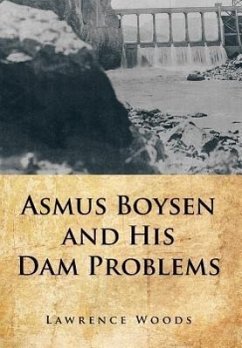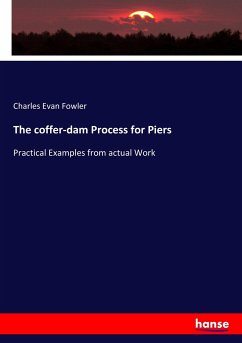Asmus Boysen was not yet eighteen when he stepped off the ship in New York in the spring of 1886, hoping to make his fortune in the free environment of the United States. In a remarkably short time, he did just that, marrying a beautiful and wealthy woman, building a considerable estate, and making many friends, some of them influential in the political life of the country. But fickle Fate lured him to an Indian reservation in the middle of Wyoming, where he used his newly-acquired political influence to lease a huge tract of land to look for coal. The search for coal proved unrewarding, but Boysen parlayed the worthless lease into a square mile of mineral land athwart a rugged canyon, where he hoped to find precious metals. Alas, that hope was doomed, as well, and he then committed his fortune (and the money of others) to a dam and power plant, in the vain hope to recover it all and more from the sale of power to a new mining industry and the crowd of settlers expected on the reservation land. His quest for success was further hampered by the appearance of lawyer John T. Clarke, who successfully claimed and tenaciously clung to a share in Boysen's property, in a struggle before a number of courts-a struggle that exhausted both their fortunes. In the end, neither was a winner, as a railroad, the State of Wyoming and the river conspired to rob both of the hoped-for pot of gold. The dam Boysen built is gone, but an ironic vindication of Boysen's original dream, is the government's much larger Boysen dam, just upriver from Boysen's location, proving that it made sense to erect a dam and power plant there, if the builder was rich enough and powerful enough.
Hinweis: Dieser Artikel kann nur an eine deutsche Lieferadresse ausgeliefert werden.
Hinweis: Dieser Artikel kann nur an eine deutsche Lieferadresse ausgeliefert werden.








